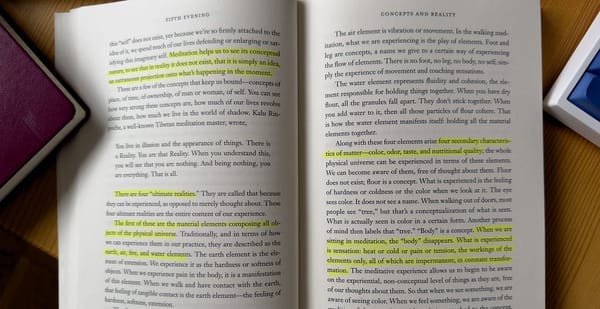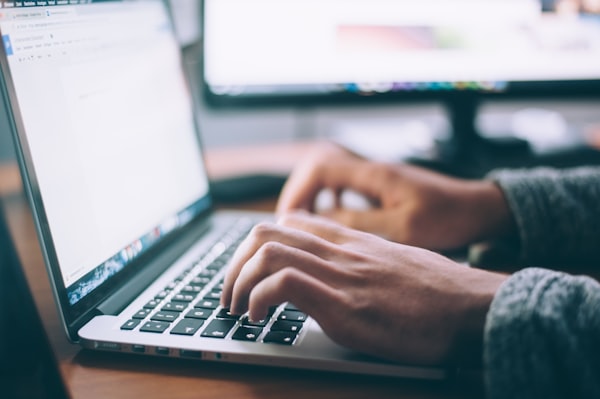The Impact of Mindfulness on Productivity
In this blog I’m not going to focus on the technological aspect of productivity, but rather, I’m going to reflect on the past few years of my own personal journey into being more mindful and how this practice has improved my working life.
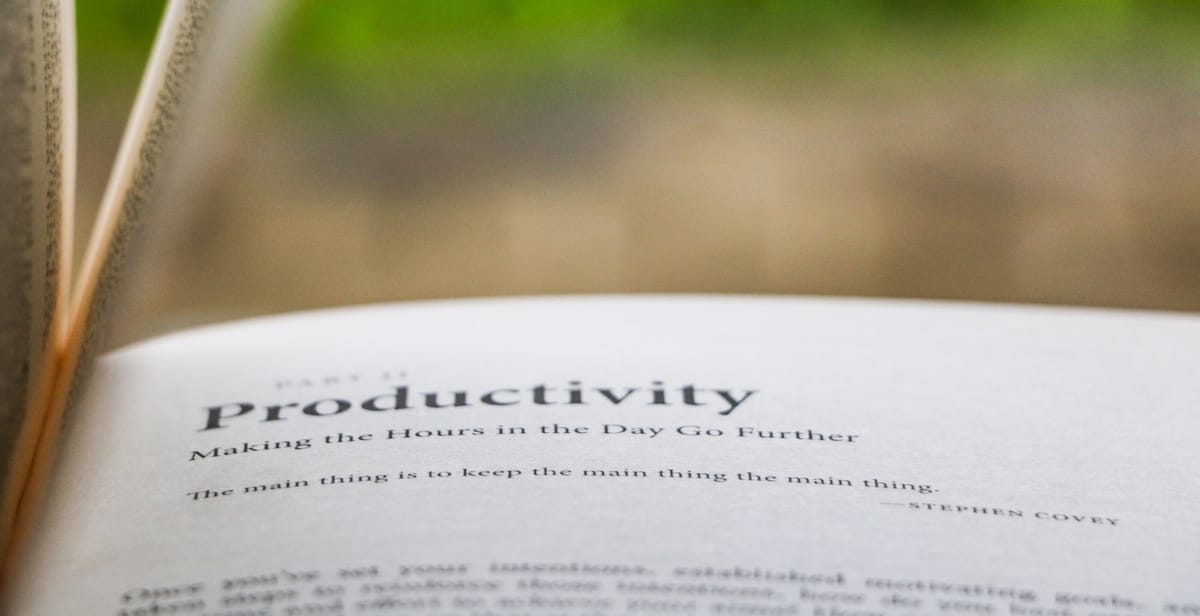
I am a person who has been practicing mindfulness for several years now. I have been meditating on and off for about 3 years and have (to some degree of success) been attempting to turn this into a daily habit. In 2022 I also began the simple act of spending time with adult colouring books which has helped immensely in reducing stress. Despite being proactive in this part of my life, I’ve often found that I allow the pressures of my professional life as well as trying to improve at content creation to take over. When time is limited, which has often been the case, the first habit(s) I tend to drop are the ones that are connected to maintaining my mental health. Readers of this blog will know of my ongoing enthusiasm for productivity, task management and the plethora of note taking tools. However, in this blog I’m not going to focus on the technological aspect of productivity, but rather, I’m going to reflect on the past few years of my own personal journey into being more mindful. I will also investigate whether my dropping of the aforementioned habits, from time to time, has actually been exacerbating the underlying issues, and in addition I’ll be looking at the practicalities of how we can all become more productive without allowing stress to sabotage our success, through simple acts of mindful breathing and calm reflection.

What is Mindfulness?
It’s probably best that we start with some definitions, just to make sure that we are all singing from the same hymn sheet. The word ‘mindfulness’, though somewhat trendy in the past few years actually dates back to the 1500s. According to the Dictionary app on my MacBook Pro the definition is:
mindfulness | ˈmʌɪn(d)f(ʊ)lnəs |
noun
- The quality or state of being conscious or aware of something: their mindfulness of the wider cinematic tradition.
- A mental state achieved by focusing one's awareness on the present moment, while calmly acknowledging and accepting one's feelings, thoughts, and bodily sensations, used as a therapeutic technique.
If we think about the cluttered world both outside and inside cyberspace, our attention is often being pulled in several directions at once. Life isn’t as simple as it once was. And we get older, we become more aware of the complexities that surround us in the macro environment from politics and opinion to memes and TikTok and let’s not forget, the constant barrage of Temu adverts. The practice of mindfulness doesn’t fall only into the category of meditation. Mindfulness - the practice of awareness of the present moment - has, for years been one of the core mental attributes of yoga Also, it is an attribute necessary to get into a state of ‘flow’, where we find ourselves in the zone - a nuclear bomb would have trouble breaking our concentration. Our cluttered lives are, if only for a few moments, washed away as we fall into a mental state of pure focus (Or sweat and stretching).
There are many studies as to the biological benefits of meditation and practicing mindfulness from the lowering of blood pressure and simply being able to sleep better at night. There is a biological health reason why I have also taken up the practice. This is going to be the subject of another blog post, if you’re interested my how I’m using meditation due to a retinal ocular occlusion and how the practice is helping me cope with the treatment, then drop us a follow or subscribe to my newsletter.
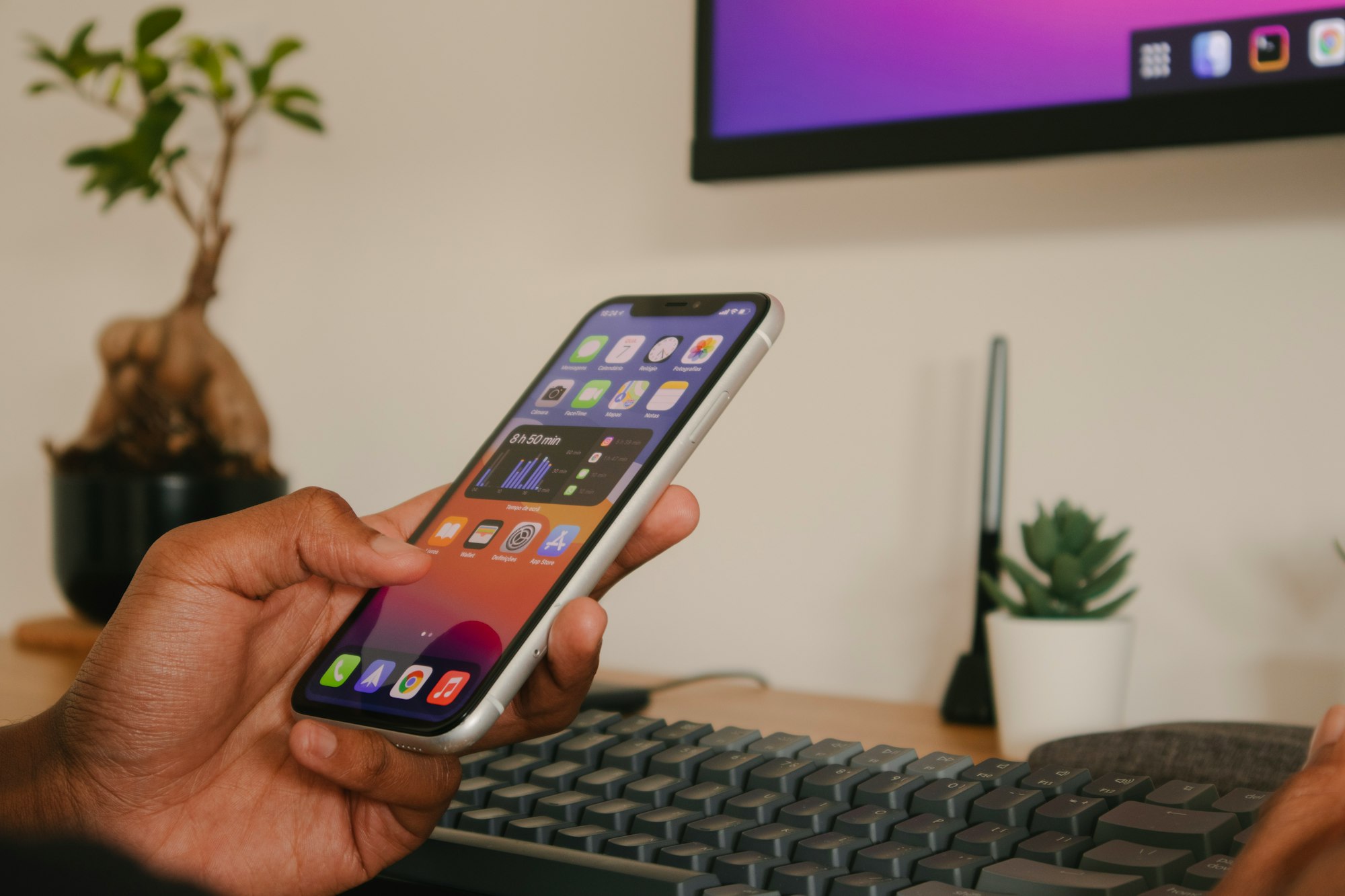
Focus and Distractions
So, if we were to summarise the definition of mindfulness, at its most basic level, it is the practice of focus. And this also the cornerstone of productivity. In all situations where we are attempting to be productive - you’re writing a report or even thinking of a solution to a problem, you could even be doing something as simple as housework. During this time, distractions are bound to come your way - this is most likely going to be in the form of notifications from your phone. But say, for argument sake, you’ve put your phone away, because you’re determined to complete the task at hand. But then your mind starts to wander to other things. The problem that you were trying to solve or that point you were trying to articulate in your report is lost as you remember that you needed to pick up ham from the supermarket, oh and that video you rented from Blockbuster is overdue. When practicing mindfulness it’s fine to have these distracting thoughts - but here’s there clincher; you let the thought go and return to the task at hand. Mindfulness is about non-judgmental awareness, so you’re present in the moment and any thoughts that come into your consciousness wash over you. Acknowledge the fact that the VHS copy of Total Recall was due yesterday and you need to return it this evening to avoid any further late charges and then let it go - and back to your report.
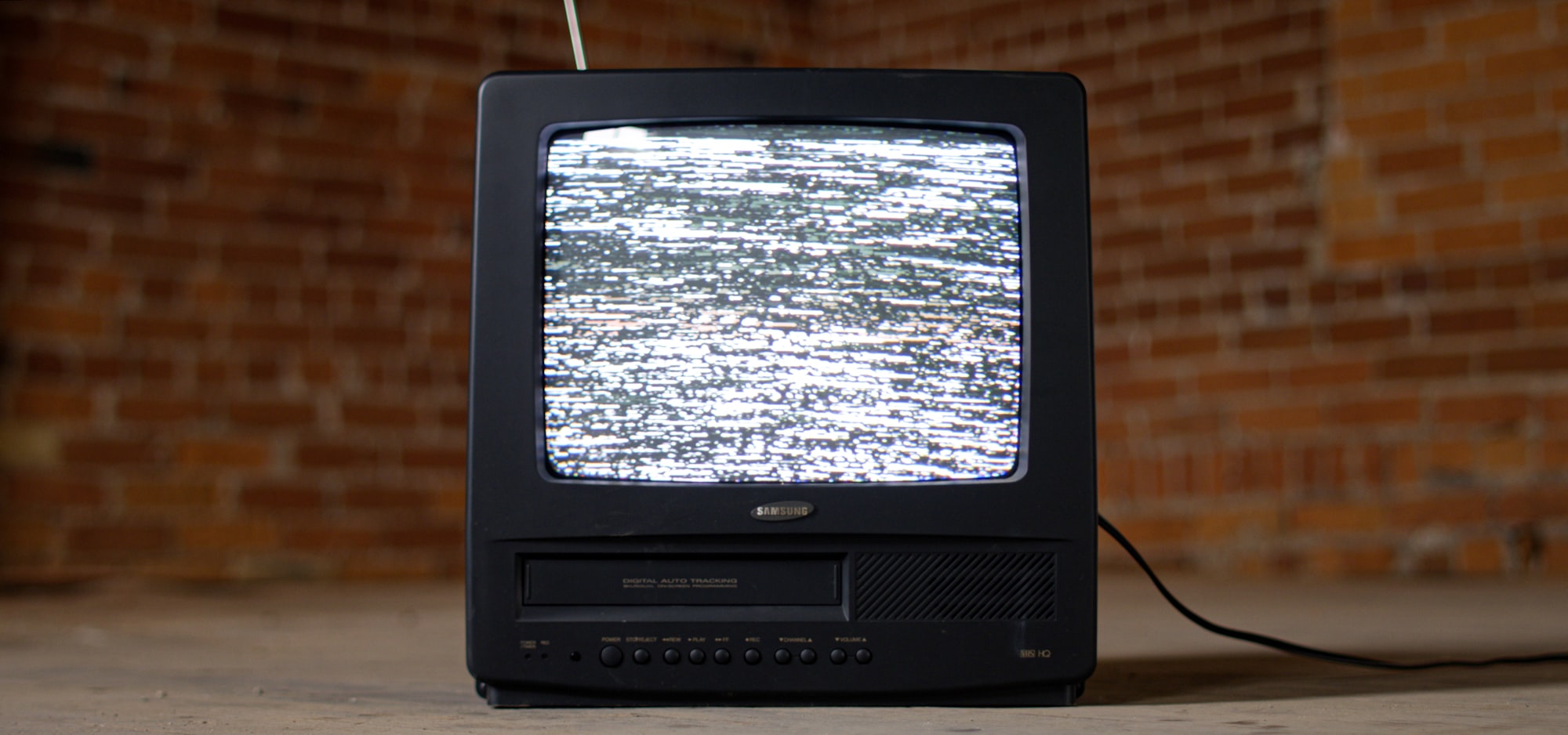
Having this kind of focused mindset doesn’t just happen. It takes practice and like any skill it can be learned. Once you learn it you never really forget it, because the methods of practicing this skill are simple, deceptively simple, but simple nonetheless.
Practice Makes Perfect
The practice of mindfulness meditation is the act of sitting still, ideally in a quiet environment, but as Sam Harris (host of the Making Sense podcast and creator of the Waking Up app - more on that later) will tell you, it’s possible to meditate in an environment that isn’t entirely silent. Personally, I find that falls into the category of ‘intermediate-level meditation’, but that’s just me. I personally need silence and I will more often than not, resort to wearing noise cancelling headphones. Set a timer (I won’t say for how long, but starting around 10 mins has worked for me - or use a guided mediation app) and relax (but not too much, you don’t want to fall sleep). Sit upright. And breathe normally. Focus on the breath, the inhalation and exhalation, really focus and feel its sensation, either on the tip of your nostrils or feel the rise and fall of your chest. As random thoughts come into your head - and they will, trust me, acknowledge the thoughts then move your attention back to the breath. You sometimes get lost in thoughts and that’s fine, when you realise that this is happening, just go back to the breath, without judgement.
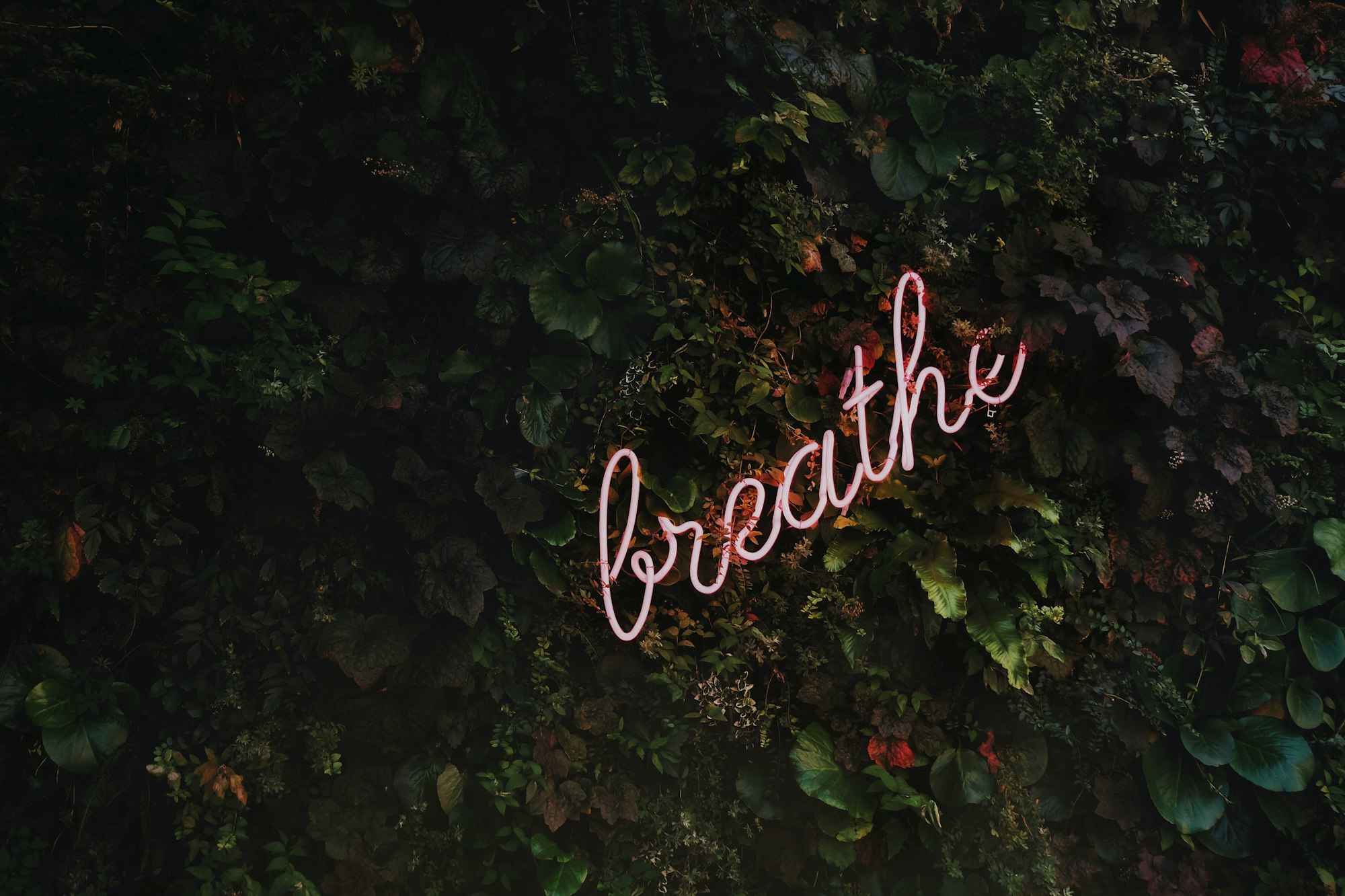
One Size Doesn’t Fit All
There are different types of meditation exercises, the one that I’ve mainly practiced personally is the aforementioned mindfulness meditation, which is an inward facing practice and for me has been instrumental in retaining focus on my many tasks. For me, this feels like the best type of practice for improving focus, thus productivity. Other types of meditation that I’ll talk about shortly is the act of ‘loving-kindness’ where we focus our energies increasing our empathy.
Of course, there are many external factors that also play a role in our ability to be productive, and mindfulness isn’t going to solve all your problems. Procrastination is something that we can never avoid, but can also minimise falling into some of the procrastination traps that I covered in my recent blog. So, I think it’s important to note that just practicing mindfulness alone will not make you suddenly a super productivity machine. However, it will give you skills to improve your concentration, it will also reduce stress and according to some studies improve your emotional intelligence - but it may not stop you from scrolling through videos of cats pushing ornaments off shelves on TikTok. According to the Harvard Business Review (HBR) in a study on mindfulness in the workplace, more than 50% of American employers offer “some form of mindfulness training to their workers”. The study also highlights how many previous research projects on the effects of mindfulness in a professional setting are done in environments that are not representative of the results that are published, so the authors, Lindsey Cameron and Andrew Hafenbrack worked with academics and performed a series of studies in real-world workplace settings. The results of these studies are fascinating.
Advantages and Disadvantages
The studies that were conducted found that different types of mindfulness-focused practices resulted in varying benefits to the people who participated in the study. These benefits differed depending on the time of day of the exercise, and also the type of exercise. For example, those who worked in customer service benefitted more from loving-kindness forms of meditation to improve their interactions with the public. In these settings, high productivity levels may not be the priority. Also, interestingly, the study found that in some cases the practices could be “less effective, or even counterproductive”.
In an IT consultancy for example they found that those who practices breath focused meditation each morning were more focused and attentive. They found that in a call centre environment, those who practiced the loving-kindness form of meditation (this is when you focus on sending positive vibes out into the world), that the participants saw a reduction in empathy.

In the study, they also found that those who worked remotely and, I assume, had less face-to-face interaction had less guilt when it came to making mistakes. Mindfulness meditation teaches you to let go of negative emotions. It teaches you to acknowledge your feelings, but not dwell on them. So a colleague may be quite rude, but not recognise that they’re being rude. In the study, the reduction in guilt for wrongdoings was found to be counter productive insofar that making amends for wrongdoing was deprioritised. What the study concluded is that there is no one size fits all approach to the type of mindfulness exercise, and that the wrong approach may do more harm than good.
Though this does sound a bit alarming, I doubt that we are going to have an epidemic and the rise of corporate sociopaths following a course in meditation practice. The overwhelming evidence has suggested that these practices really help in socially charged situations - to a point where in the US military, improved performance among military personnel has been documented when faced with high-stress interactions.
And let’s face it, some people are just arseholes.
Giving a Shit is Stressful
I am a passionate person, I’m also not what you’d call the most professional of professionals. I think that I’m a fair leader in many respects - but one quality that I have, and believe me when I say that this is both a strength and a weakness is that I give a shit. I mean I really give a shit. I strive for excellence and I have a high standard that I hold myself too. I want the business to succeed, I want to get that sale and I want to see my YouTube channel hit 1,000 subscribers, and I believe that hard work, strong mindset and getting on with it, really is the key to that. And I do get emotionally involved. I give a shit. Not only that I hold who I work and respect to that standard too. This has been to be detriment of my patience and my own mental health - because I’ve often found myself working until the early hours of the morning because it has to be perfect. Also, and this is the big one here. I have found that I sometimes don’t think before I speak and this had often got me into trouble. If you ever meet it in a bar, ask me about the time I sacked from the when I worked in the cinema at the age of 18.
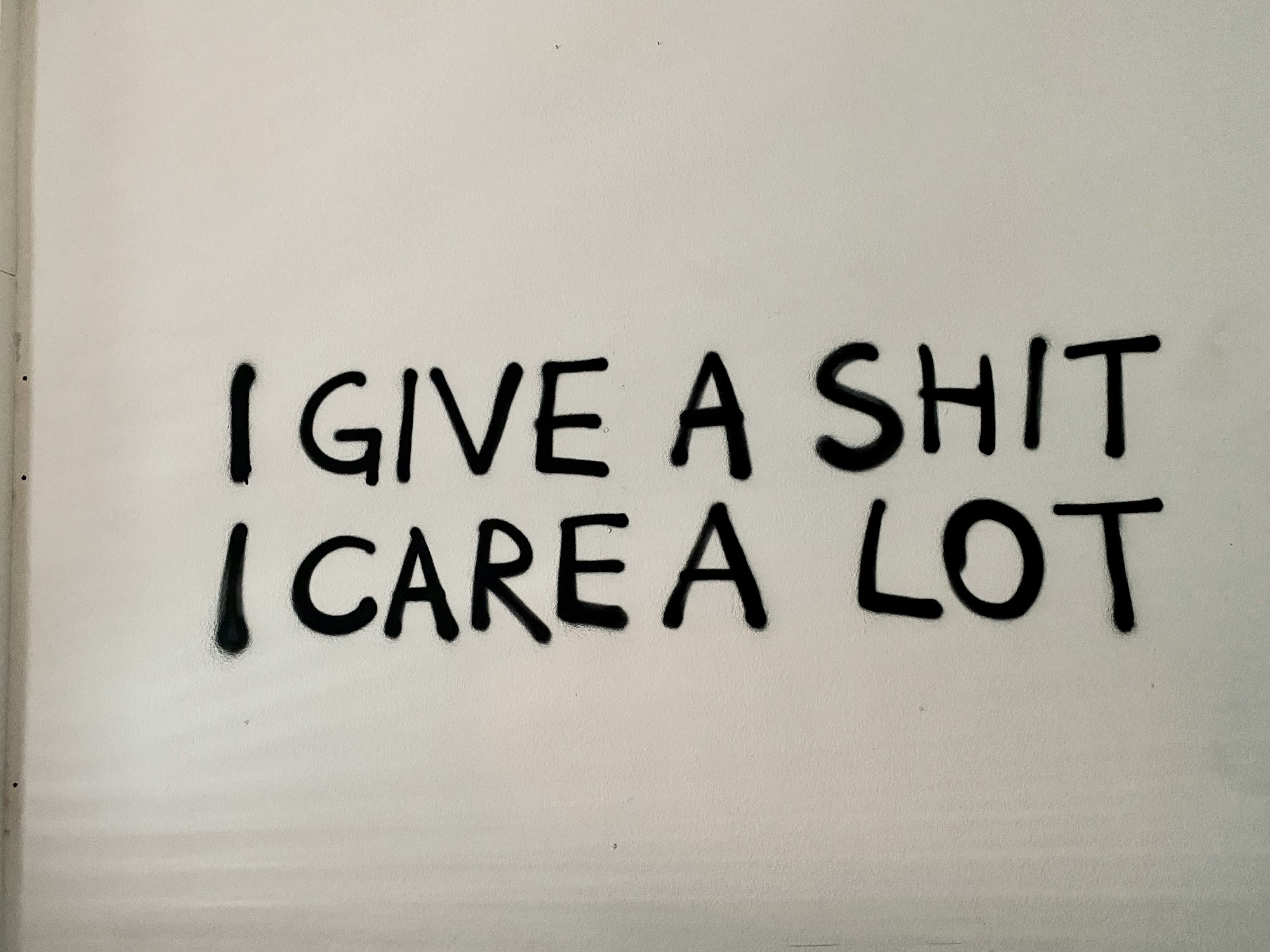
But saying all that, because I have issues with not thinking before I speak; I’d come home from work on some days and find myself replaying over some of the things that I’ve said that day. There would be a mental broken record whirling round and round and I’d be awash with felt deep-rooted regrets.
I should add, that this isn’t a common theme in my daily routine, but it’s happened enough that when I look back on the year that passed I realised something quite important.
The Proof is in the Guilt Trip
What I realised, is the last year, when I was meditating for 10-12 mins on nearly a daily basis using guided meditation from Sam Harris’ app ‘Waking Up’ (he’s written a brilliant book with the same title, which I’d highly recommend) I was far less erratic in the way that I respond to some stressful situations. In the middle of the year, there was a lot of significant change in my life and as a man of routine, I found that I needed a new one and I stopped any form of mindfulness practice. I did have the intention to returning to it, but it never seemed to happen. I threw myself into fitness instead. This was good for my body, and to some extent, my mind. The reason I can say this now is that as I came into 2024 there are some changes that I wanted to make. The first of which is the subject of blog I’m going to write in a few weeks - and that is to become a morning person. (I’m fucking terrible in the mornings and that needs to change), but also to be less emotionally driven in my professional life. To be more rational; to listen more and stop talking to fill silences because of my own internal problems with imposter syndrome. So I decided to “begin again” as Sam would say in his guided meditations. And guess what - it’s working. It’s not perfect, but I’m far more focused on the tasks in front of me. I’m present in the room. I am trying not to have my phone with me during meetings (not quite there yet), but when I’m deep into a piece of work and I’m distracted by thoughts of other projects, or the sound of someone speaking loudly or (even as I’m writing this my partner is having a rather animated conversation on the phone downstairs), I can just let that go - acknowledge it, without judgement and then get back to the task at hand. Giving is shit is now less about passion and being emotionally driven - I’m able to give a shit, without being a prick about it. And I am coming home from the office not regretting something that I said that day. With the support of a more mindful approach I’ve begun the new year by getting the best work out of the team as possible, and getting tasks completed with fewer distractions. Tasks are not rushed at the end and I can maintain the level of quality that I expect of myself.

Being able to see how giving up the practice was detrimental to my daily routine and how picking it up again has seen a tangible improvement. This, for me is enough evidence that I’m on the right path.
And of course, I’m less of a prick.
The Productivity Impact - Summary
In my personal experience, practicing mindfulness and meditation over the years has had a significant impact on my productivity levels. Before I began incorporating these practices in my daily routine, I often found myself flitting from task to task without complete focus, I was a slave to iPhone notifications, doomscrolling and Candy Crush and I was so emotionally driven that I my passion for excellence was having a detrimental effect on my relationships both at work and in my personal life.
Once I started practicing mindfulness meditation and simple activities like adult colouring, my attention to be present and complete tasks heightened. I found that I have improved capabilities when it comes to addressing my emotions, thoughts, and reactions more consciously. The clutter of everyday life receded into the background as these mindfulness practices facilitated a sense of relaxation and a focused mental state. These practices not only supported biological wellbeing in forms like lowering blood pressure and enhanced sleep quality, but also offered a distinct improvement in my attention span, stress management and, hopefully, made me less of a prick to be around.
Therefore, the positive impact of mindfulness and meditation on personal productivity in my life has been more than evident. In impact in significant and though meditation isn’t going to stop me from procrastinating, it has become an ingredient that has improved my life in strides.
Finally…
I encourage all readers to consider incorporating mindfulness techniques into your daily professional routine. As we've seen, it can potentially result in improved mental health and an overall boost in productivity. If you're skeptical, remember this quote by neuroscientist and mindfulness advocate, Sam Harris: "The reason to meditate is that our minds are all we have. They’re all we’ve ever had. They’re all we have to offer other people. We become what we attend to." By practicing mindfulness, we bring careful attention to where we choose to devote our mental energies, which directly influences our output and mental health.
Sam also says, "The purpose of meditation is to recognise that you are not lost in thought, you are aware of thoughts. It's awareness in which those thoughts are arising." Consider taking charge of your thoughts and decision-making capabilities through regular mediation and mindfulness practices. It's not about silencing your mind, but about consciously acknowledging and managing your thoughts, reducing stress, and enhancing focus. You may be surprised by the positive impact it can make on your productivity and personal wellbeing. Start small, be consistent, and let mindfulness be a part of your journey towards improved mental health and efficiency at work.
Thanks for reading. If you enjoyed this, please consider following on Medium or Subscribing to my free newsletter at www.notentirelyboring.com


